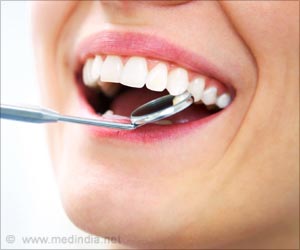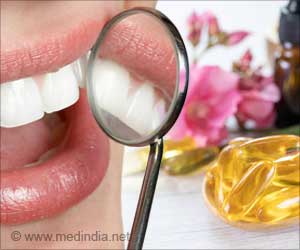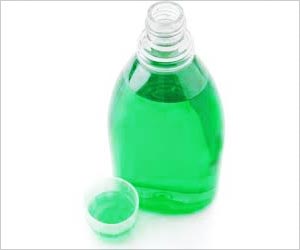The high acid content in popular drinks could just be sufficient enough to erode tooth enamel and cause dental damage, suggests a new study conducted by researchers at University of Iowa. Soaking for just one day in Coke, Red Bull or Gatorade ate into the enamel surface, over the teeth, says the report.
There is a general agreement that the high acidic levels of the popular beverages can cause etching of the thin enamel layer that provides protection for the exposed areas of the teeth. Additionally, the cementum, the hard calcified tissue that overlies the root area of the tooth can be damaged.The researchers of the present study studied the acid corrosive potential of five most commonly consumed beverages- apple juice, Diet Coke, Coke, Red bull and Gatorade. Four extracted teeth were immersed in each of the drinks for a period of 25 hours. Every five hours, the old beverage was replenished with a new one.
The rate of cementum and acidic enamel erosion was observed under a microscope. Gatorade, a sports drink was found to be the worst offender (erosion depth of 131 micrometers). This was followed by Coke (92 micrometers), Diet Coke (61 micrometers) and apple juice (57 micrometers). Comparable results were obtained when cementum damage was examined for the acid effect.
'If it erodes far enough it could lead to real tooth sensitivity. If the enamel is gone, then the dentin, which is underneath, becomes more sensitive. Acid eliminates that hard outer covering,' said Luther, one of the researchers. 'When most drinks -- sports drinks, orange juice, carbonated beverages -- are used the way they are supposed to be, it's not a problem', remarked Dr. Paul Casamassimo, Ohio State University.
'It is basically that elementary-school science project where you put a tooth in Coca-Cola for a period of time and it dissolves. If that scenario did mirror real-life conditions, most people would have no teeth left by the time they reached adulthood. That's not the case, of course,' he concluded.
Clearly, more such studies are indicated to reflect real-life situations, according to the American Beverage Association.
Advertisement









